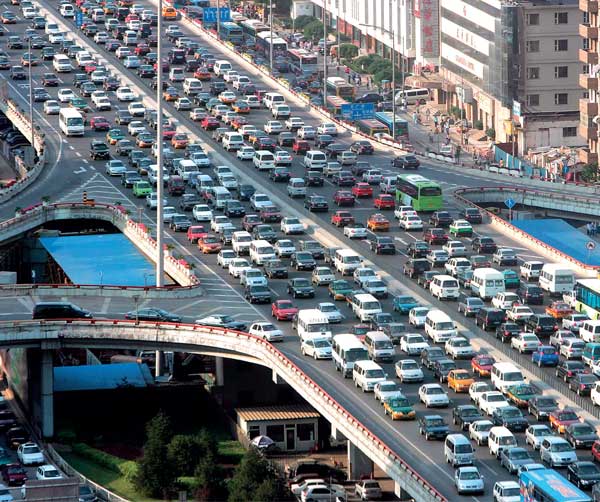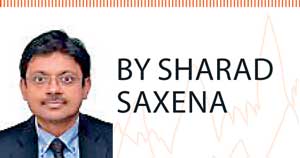12 Oct 2016 - {{hitsCtrl.values.hits}}

 Are you one of the millions of people that suffer the torture of traffic congestion day after day? Are you looking for solutions to solve the congestion crisis? If yes, then read on.
Are you one of the millions of people that suffer the torture of traffic congestion day after day? Are you looking for solutions to solve the congestion crisis? If yes, then read on.
For most of us, traffic congestion is a painful reality that we endure day after day. And as the problem gets worse with each passing day, cities are increasingly looking for solutions that can help resolve the problem. The other day I read with considerable interest the news that Beijing is seriously considering the possibility of introducing a congestion charge – making drivers pay to drive in designated parts of the city. If this happens, Beijing will join London, Stockholm and Milan to become one of the few cities in the world which restrain driving by levying a special charge. Think of it as an additional charge that people who drive need to pay to compensate for the negative effects—congestion, air pollution, noise—that their cars cause.
Does it work? Yes, with varying degrees of success. Let’s take the case of London, which is a rather well-studied example. The traffic situation certainly improved. The congestion charging scheme resulted in approximately a 10 percent reduction in traffic volume from baseline conditions. The scheme encouraged more people to switch to public transport and even non-motorized modes like cycling. Apart from relieving congestion, the levy also reduced emissions and air pollution. Congestion charging in London also generated additional funds for the local government that were allocated to improving alternate public transport options so that these became more attractive and more convenient over time.
Have I unintentionally painted a very rosy picture? Well, that is not the case. The scheme does have its challenges. One disadvantage is the cost of implementation. All the equipment and resources needed to monitor and enforce charging costs a lot of money. In the end, nearly 50 percent of the revenues were used for just running the charging arrangements. Sceptics will point out that the scheme is very expensive to implement and most of the money generated cannot be put to any constructive use to alleviate people’s transport woes. There is also the equity issue. Some would contend that the less well-off are penalized with an additional tax, which renders driving so much more expensive, while the rich can just pay the extra charge and continue to drive.
It must be emphasized, though, that congestion charging only works if the city has put in place some options for people to turn to. If people want to stop driving, there should be a good public transport system in place they can switch to. But if people realize that there is no real alternative to driving and they are just being charged extra, then resentment against the government will just escalate and the scheme is bound to meet with stiff opposition or worse. In the case of London, there was already a good public transport system of buses and the Underground. This was strengthened with additional buses synchronized with the launch of the charging scheme.
Why haven’t more cities introduced it? This is kind of obvious – no one wants to pay more for what they consider their right. Alas, most of us consider it our right to own a car and drive it everywhere in the city we live in. An extra charge to drive in certain parts is bound to be considered as yet another government imposition. Governments are usually quite sensitive to public opinion – particularly those that are seeking re-election are therefore reluctant to introduce a scheme that is bound to be unpopular.
Will it work in Beijing? Desperate times call for drastic solutions and certainly congestion in Beijing requires some radical solutions. There are already around 5.6 million vehicles in the city that is plagued by gridlock and air pollution. On the positive side, Beijing has an extensive subway network and bus system – so there are existing options that provide a choice. Beijing is also keen to continue to improve the public transport system. Congestion charging may just prove to be the solution needed to nudge more people to switch from private to public transport.
While for the present the debate continues, it would be really interesting to see if Beijing goes ahead and implements the congestion charge. If successful, this could pave the way for more Asian cities to follow suit.
Are you game to support congestion charging in your city?
(Sharad Saxena is the Principal Transport Specialist, East Asia Department of Asian Development Bank)
10 Jan 2025 18 minute ago
10 Jan 2025 23 minute ago
10 Jan 2025 2 hours ago
10 Jan 2025 2 hours ago
10 Jan 2025 2 hours ago